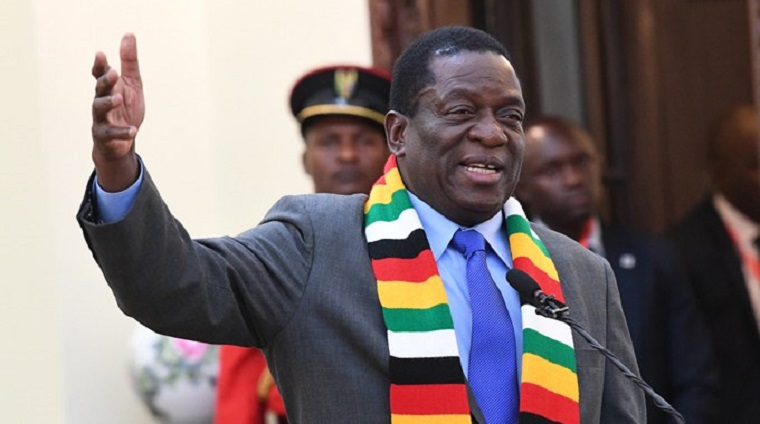 President Emmerson Mnangagwa today pledged to work closely with the Movement for Democratic Change-led and dominated Harare City Council to improve the water supply in the capital as well as to eradicate disease.
President Emmerson Mnangagwa today pledged to work closely with the Movement for Democratic Change-led and dominated Harare City Council to improve the water supply in the capital as well as to eradicate disease.
Harare has been rocked by a cholera outbreak which has so far claimed 32 lives.
Mnangagwa made the pledge when he visited Glen View, one of the epicentres of the cholera, together with his two deputies Kembo Mohadi and Constantino Chiwenga.
He thanked the corporate sector for providing funding to curb the disease especially Econet which set aside $10 million to fight the disease.
Mnangagwa also said Ecobank had this morning provided $200 000.
Spar said it was providing 40 000 litres of water a day to the Glen View and Budiriro residents.
Mnangagwa promised to assist families that lost their members because of cholera.
Harare mayor Herbert Gomba attended brief function in Glen View and Mnangagwa joked that the “cholera handshake”-where people greeted each other with clenched fists- would promote his Zimbabwe African National Union-Patriotic Front while the MDC’s open fist was discouraged.
Members of Parliament from the MDC yesterday walked out of Mnangagwa’s State of the Nation Address and party leader Nelson Chamisa turned down an invitation to attend the official opening of the 9th Parliament.
Critics say while Chamisa has every right to boycott the official opening of Parliament, the fact that his legislators attend Parliament makes a mockery of the whole exercise as it looks like a cheap publicity stunt.
(179 VIEWS)






0 Comments